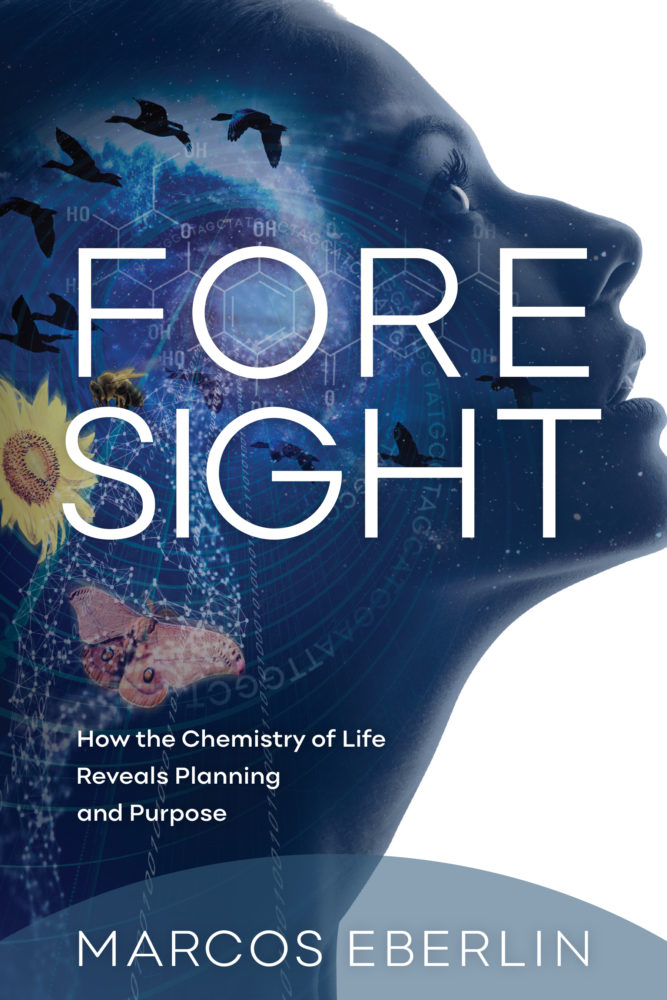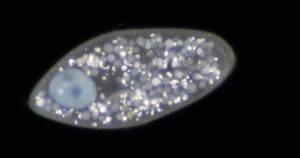
A member of the Brazilian Academy of Sciences, Marcos Eberlin received his PhD in chemistry from the University of Campinas (UNICAMP) and served as a postdoc at Purdue University. Back at UNICAMP, he founded and coordinated for 25 years the ThoMSon Mass Spectrometry (MS) Laboratory, making it an internationally recognized research center, one of the best-equipped and innovative MS laboratories worldwide.
Eberlin has published nearly 1,000 scientific articles and is a recipient of many awards and honors, including the title of Commander of the National Order of Scientific Merit (2005) from Brazil’s President, the Zeferino Vaz Award (2002) for excellence in teaching and research. He is the founder and current president of the Brazilian Society for Mass Spectrometry (BrMASS) — one of the largest MS societies. Eberlin is also President of the Brazilian Society for Intelligent Design (TDI Brasil) and the Director of the Discovery-Mackenzie Research Center for Science, Faith and Society at Mackenzie University in São Paulo, Brazil. Previous to writing Foresight, he published the bestselling book Fomos Planejados, the first book in Portuguese presenting the scientific evidence for intelligent design in nature.
Archives

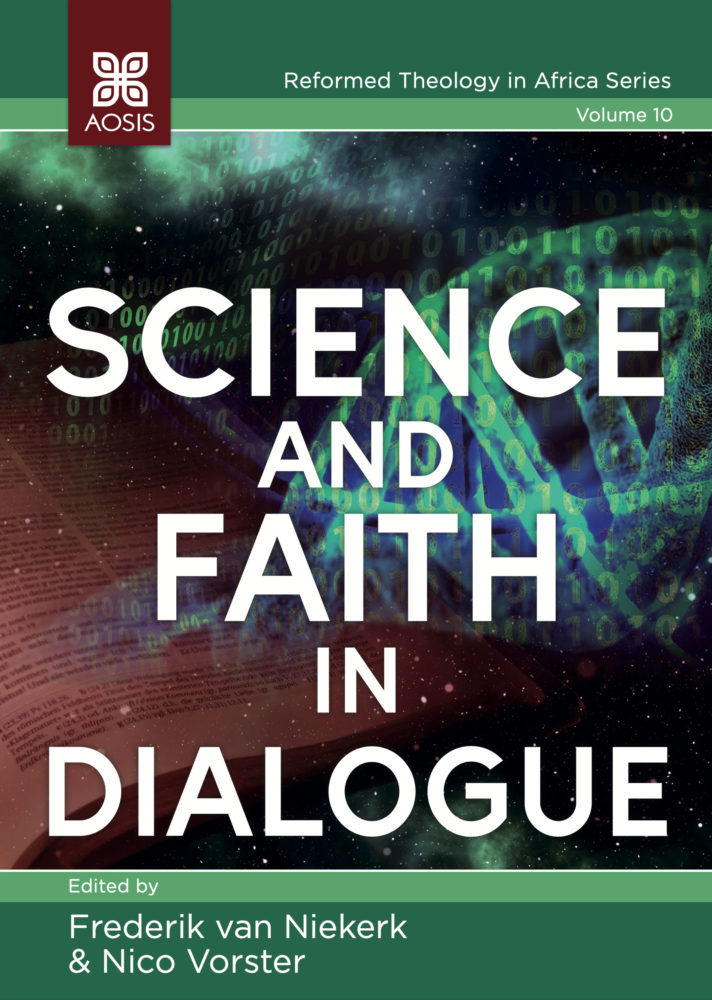
Science and Faith in Dialogue
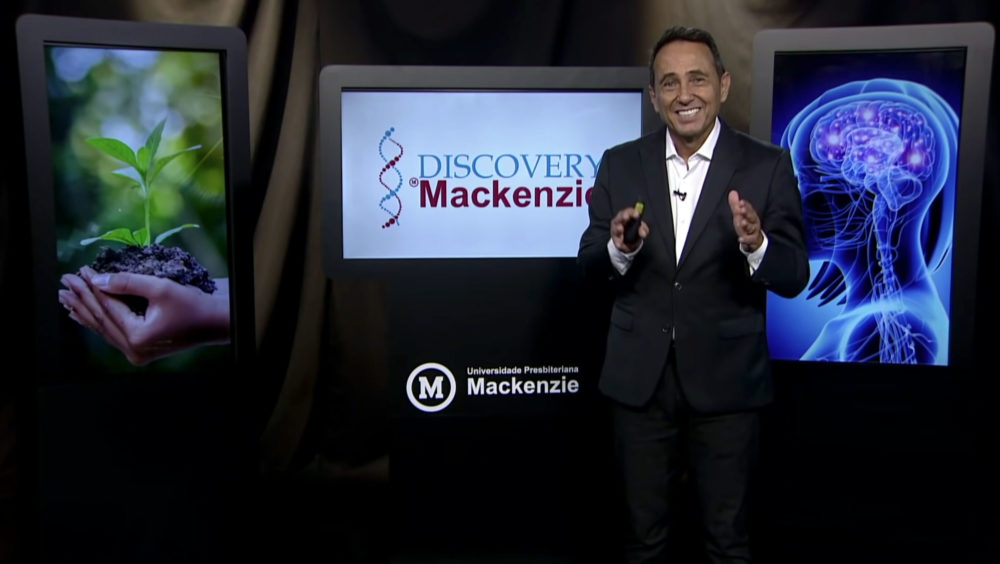
Foresight in Chemistry and Life

Message from the Molecules – They Say “Intelligent Design”

The Venus Flytrap Takes a Bite Out of Darwinism

Marcos Eberlin on Evolution’s Water-Gate Problem

Chemist Marcos Eberlin on a Crisis for Chemical Evolution

The Lovable Venus Flytrap: A Design Analysis
Brazilian Scientist Marcos Eberlin: Diarrhea by Design, Pt. 2

Foresight Author Marcos Eberlin: Diarrhea by Design
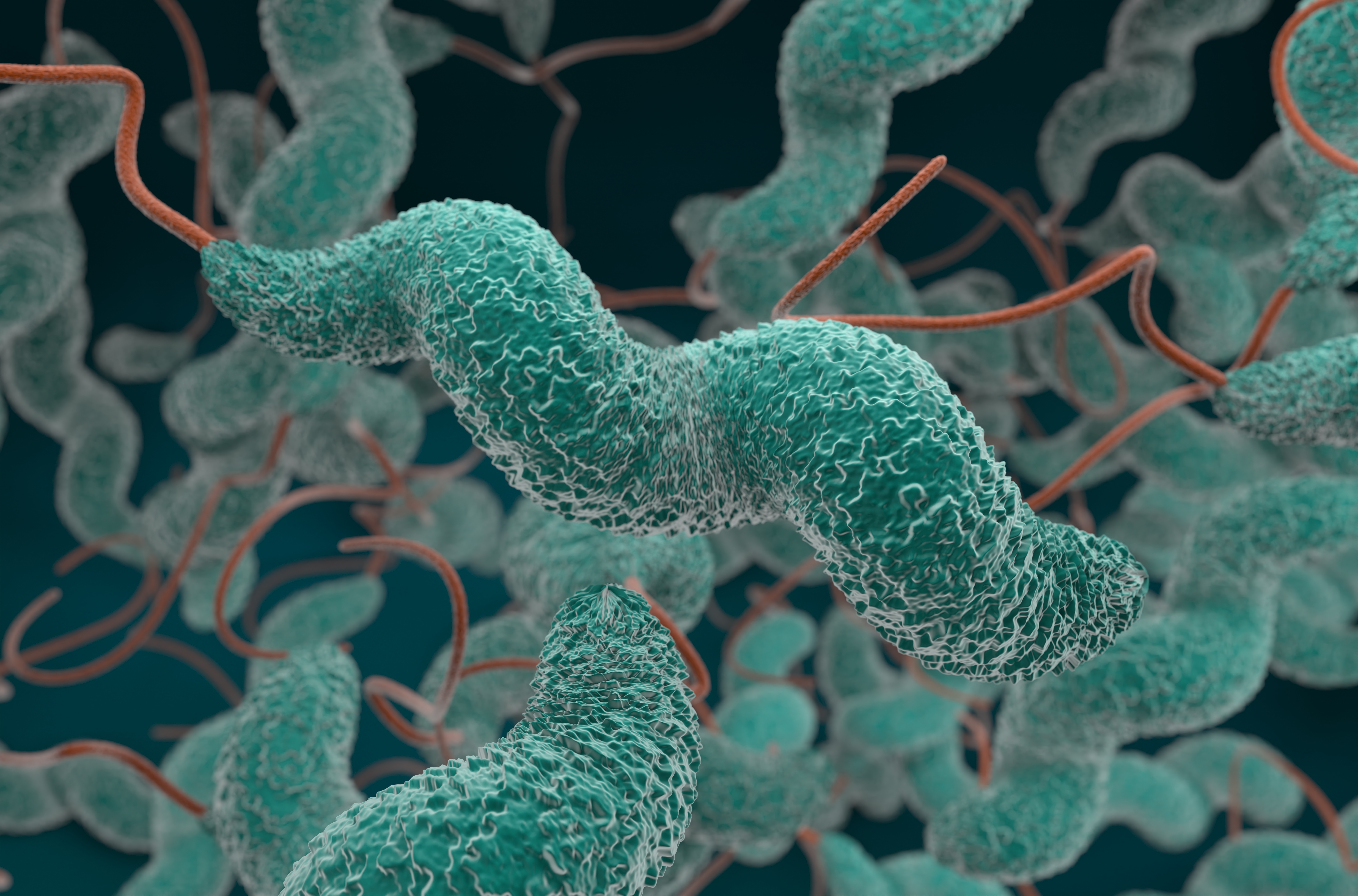
Diarrhea and Design: A Response to Jerry Coyne

The Radio at the Edge of the Universe
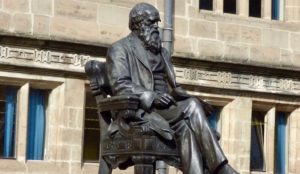
Game of Thrones: As Darwinism Dissolves, Top Evolutionists Scramble for a Successor
Marcos Eberlin: For Water, Lightning and a Living Planet, Just Add Foresight
Distinguished Chemist Marcos Eberlin Explains How Life’s Problem-Solving Engineering Requires Foresight
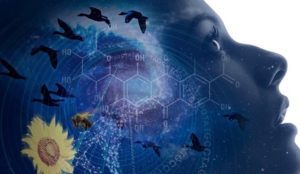
Gold Rush of Discovery Points Beyond Blind Evolutionary Process — to Foresight
